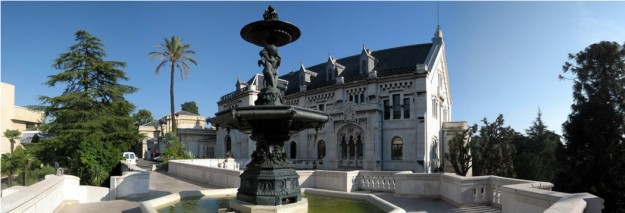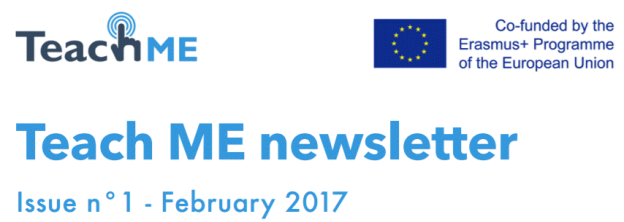Cahul, Republic of Moldova, 2017, November, 8
The Conference is organized within the framework of the project Creating Moldovan E-network for promoting innovative e-teaching in the continuing professional education (TEACH ME) co-funded by the Erasmus+ Programme of the European Union. The project aims at boosting professional and generic competences of teachers in Moldova and seeks to contribute to the strengthening of the continuing education of teachers.
Invited Speakers
- Christoph Brake, Prof. Dr., Fachhochschule des Mittelstands, Germany
- Olga Zubikova, Fachhochschule des Mittelstands, Germany
- Danguole Assoc. prof., National Association of Distance Education, Lithuania
- Gytis Cibulskis, Dr., National Association of Distance Education, Lithuania
- Florence Garelli, Université Nice Sophia Antipolis, France
- Josep Juando, , World University Services of Mediterrain, Spain
- Isabel Huet, Dr., Kingston University London, UK
- Natalia Timus, Dr., Université Nice Sophia Antipolis, France
- Nadejda Velișco, Dr., Ministry of Education, Culture and Research of the Republic of Moldova
- Claudia Melinte, Coordinator National Erasmus+ Office in Moldova
- Andrei Chiciuc, Dr., Head of National Agency for Quality Assurance in Professional Education, Moldova
Location
Universitatea de Stat ”B.P. Hasdeu” din Cahul
Cahul, Piaţa Independenţei, 1.
Telefon: +(373-299) 2-24-81.
Fax: +(373-299) 2-47-52.
Programme
| 8:30 – 09:30 | Registration of Participants |
| 09:30 – 10:00 | Opening Ceremony |
| 10:00 – 11:00 | Plenary Lectures |
| 11:00 – 11:30 | Coffee Break |
| 11:30 – 13:00 | Communications |
| 13:00 – 14:00 | Lunch Break |
| 14:00 – 16:30 | Communications |
| 16:30 – 17:00 | Closing Ceremony |
Registration Intended participants can click HERE until 15.10.2017.





